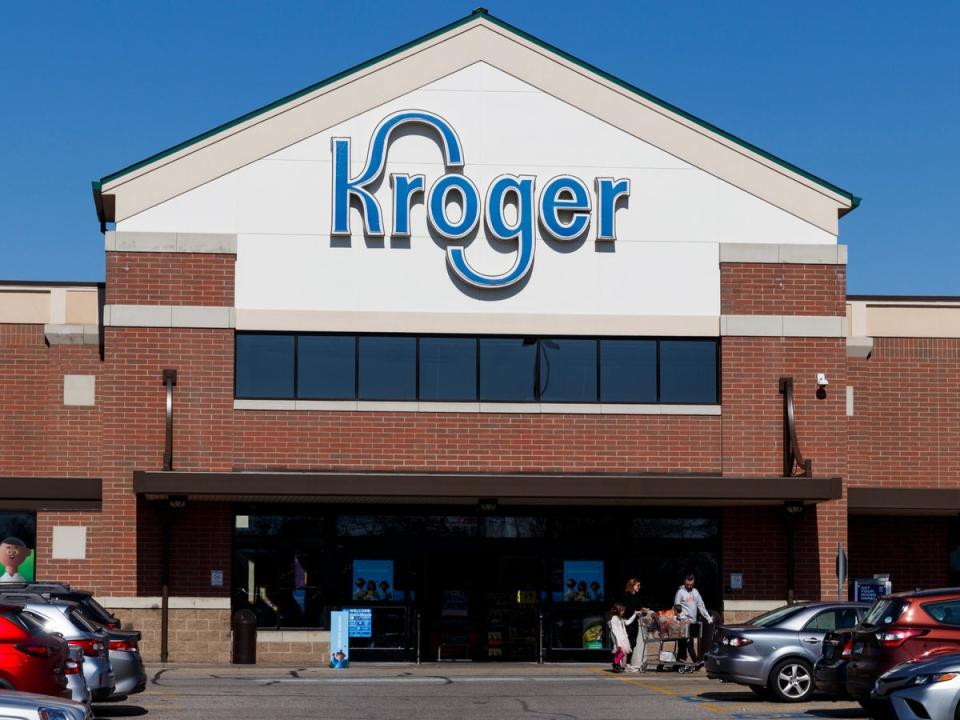Supermarket giants Kroger and Albertsons have released a list of nearly 600 stores they would sell if they are cleared for their $24.6bn merger.
The chains offered in April to sell 579 stores in communities that have overlapping Kroger and Albertsons markets to C&S Wholesale Grocers for $2.9bn.
In addition to the stores, Kroger and Albertsons have also agreed to sell six warehouse depots and a diary plant in Denver to C&S. The stores agreed to the sale as an anti-trust measure required by federal regulators overseeing the companies’ proposed merger.
Kroger and Albertsons operate nearly 5,000 stores in the US. In addition to its Kroger stores, the company also operates Ralphs and Harris Teeter stores, while Albertsons operates its own stores plus Safeway, Acme, and Jewel-Osco stores.
The US Federal Trade Commission sued to block the companies’ merger in February, citing the potential for the proposed mega-grocer to drive up prices for groceries and reduce wages for store workers.


Kroger and Albertsons initially offered to sell off 413 stores to C&S Wholesale, but regulators refused that deal, arguing that it would have left C&S with a smattering of stores in isolated markets and that it would have little impact on curbing the dominance of the Kroger-Albertsons entity.
The companies then suggested adding an additional 166 stores, six distribution centers, and a diary plant to sweeten the deal.
The states where the most stores will be sold are Washington, with 124 stores, Arizona with 101, Colorado with 91, and California with 63.
The new plan also hands over the Haggen store brand name to C&S Wholesale, and gives C&S the Albertsons brand name in Arizona and Colorado.
Under the proposed deal, C&S would continue to operate all of the stores sold and honor any existing labor agreements at the grocers.
Regulators have not announced if they plan to accept the deal. Kroger and Albertsons have argued the merger is necessary for them to compete with mega-retailers like Walmart and Amazon.
While the companies wait on a decision from the FTC, a coalition of United Food & Commercial Workers local unions — which represent grocery workers — has continued to oppose the merger.
“Today’s announcement changes nothing,” the unions said in a statement. “We remain focused on stopping the proposed mega-merger for the same reasons we have stated since it was first announced over 20 months ago – because we know it would harm workers, it would harm shoppers, it would harm suppliers and communities, and it is illegal.”
